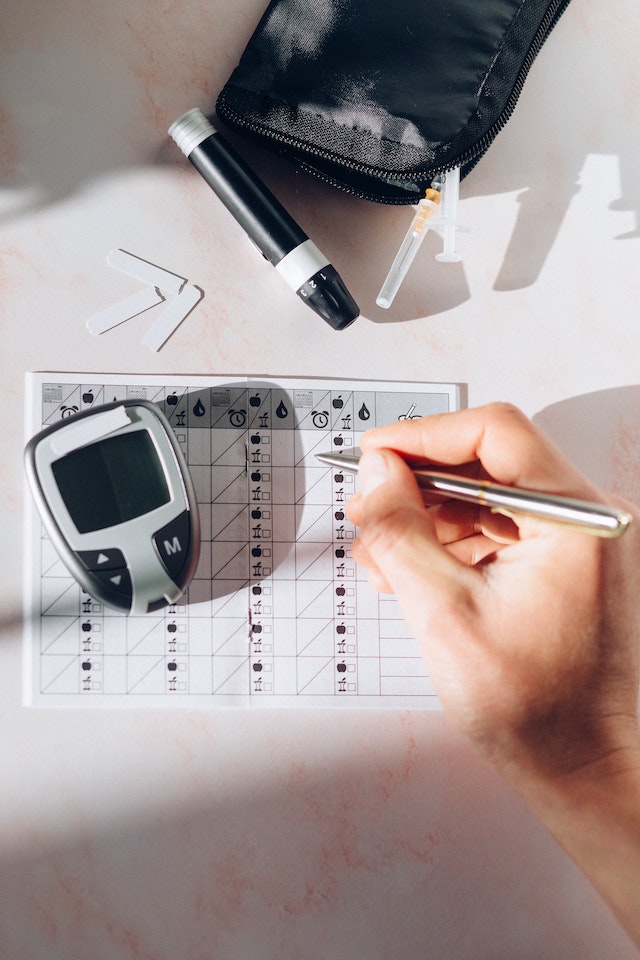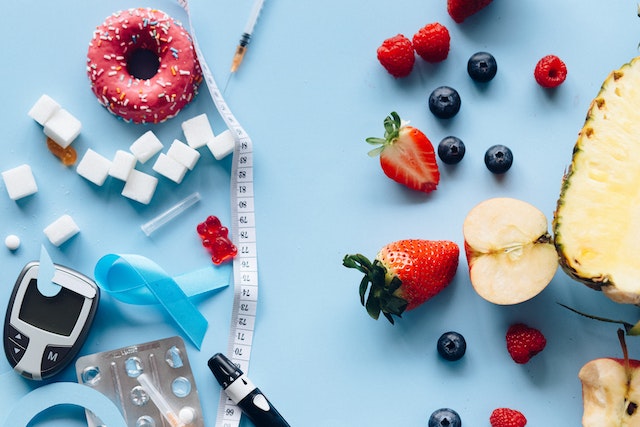Diabetes during pregnancy symptoms are a sign of real danger but we need to know first.
Gestational diabetes is diabetes diagnosed for the first time during pregnancy, and it’s a serious case that affects the mother and baby’s health.
Pregnancy can change how a pregnant women's body uses glucose.
If you have gestational diabetes Your blood sugar will return to its normal after pregnancy.
But also you need to check your blood glucose level more often because you are at higher risk of getting type 2 diabetes.
Risk Factors of diabetes during pregnancy symptoms
- Type 1 diabetes, can start at any age even during childhood.
- Overweight women; are more likely to have type 2 diabetes.
- Overweight women, also they are more likely to have diabetes during pregnancy symptoms.
- Also if a woman has had gestational diabetes before.
- Women who have a family member with type 2 diabetes.
- Women with twins.
Diabetes During Pregnancy Symptoms
Increased thirst
The increased need of getting water is a first sign.
Increased no. of toilet visits
Also, the increased need to pee more than usual is one of diabetes during pregnancy symptoms.
Dry mouth
Feeling your mouth dry even after drinking water.
Tiredness
Feeling tired all day.
Fatigue
Also, nausea and dizziness might be confused with pregnancy symptoms.
Blurred vision
Blurred eyesight is a markable symptom.
Genital itching or thrush
Genital itching is a symptom that can confuse the diagnosis of diabetes during pregnancy symptoms unless other symptoms accompany it.
While some of the symptoms are normal during pregnancy, you might need to ask your doctor if you have more than one of these symptoms.

How is diabetes during pregnancy diagnosed
All pregnant women are diagnosed with their glucose levels during pregnancy.
A blood test is done to monitor her glucose level.
Complications of diabetes during pregnancy symptoms on mother
- Need for more insulin injections.
- Very low blood glucose levels, which are life-threatening if untreated.
- Ketoacidosis from high blood glucose levels, which are life-threatening if untreated.
Complications of diabetes during pregnancy symptoms in the baby
Stillbirth (fetal death)
The baby may grow slowly in the uterus or have another complication from poor control of blood glucose level.
Birth injury
Due to the baby's large size and difficulty in birth.
Birth defects
The baby may have birth defects in the heart and blood vessels, or brain and spine, kidney and urinary tract, or digestive system.
Macrosomia
This means that the baby is large in size than normal.
The baby gets all nutrients from the mother’s blood and if the mother’s blood has too much glucose it will cause the baby's pancreas makes more insulin to use this glucose.
This leads to forming of fats and the baby become very large.
Hypoglycemia
Baby is checked right after delivery, if he has low glucose levels he gets IV glucose.
Hypoglycemia might happen when the mother has high glucose levels, so the baby uses too much insulin to use it.
Then after the baby was born, he still has high insulin levels with no more glucose from the mother.
Preeclampsia
Women with type 2 diabetes are at high risk of preeclampsia.
Trouble breathing
Too much insulin or glucose in the baby's system causes the lungs to not grow fully.

Can we prevent diabetes during pregnancy?
Eat healthy food
Eat food high in fiber and low in fats and calories.
Be active
Make exercise at least three times a week.
Before pregnancy weight
Start pregnancy at an average weight.
Weight monitor
Watch your weight during pregnancy and don’t gain too much weight than recommended.
How can we treat diabetes during pregnancy symptoms?
First, adjust food with special healthy meal plans.
Then, start a scheduled physical activity.
Finally, daily blood glucose testing and insulin injections.
A balanced diet can help manage diabetes during pregnancy symptoms
- Eating three meals with one or two snacks.
- Don’t skip meals or snacks.
- Keeping the same amount and type of food helps you to keep your blood sugar stable.
- Eating a daily portion of fruits and vegetables.
- Having a Moderate daily amount of healthy fats and lean proteins.
- The moderate daily amount of whole grains such as bread, pasta, rice, and cereal, plus starchy vegetables, eg corn and peas.
- Eating fewer sugars such as soft drinks, and fruit juices.
Keep worries in perspective to monitor diabetes during pregnancy symptoms
While diabetes during pregnancy is a matter of concern, you and your healthcare team (your nurse educator, doctor, obstetrician, and dietician) can follow up together to lower high blood glucose levels or keep them stable.
Then your concern turns to a normal healthy pregnancy for you and a healthy start for the baby.
Look ahead
Diabetes during pregnancy symptoms usually goes away after pregnancy.
But if you had diabetes during pregnancy your chance is two in three that it will return in your next pregnancies.
In a few cases, pregnancy uncovers type 1 or type 2 diabetes,
It is difficult to tell if the woman has gestational diabetes or had diabetes before pregnancy.
In this case, she will need to continue diabetes treatment after delivery.
Some women who had gestational diabetes start to develop type 2 diabetes years later.
It seems that there is a link between gestational and type 2 diabetes since both involve insulin resistance however, having a healthy lifestyle can prevent diabetes after pregnancy diabetes.
In the end, if a woman starts feeling diabetes after pregnancy symptoms no need to panic, she is safe if she follows a healthy lifestyle including food and daily exercise.
Also, the follow-up with daily tests and with her doctor is very important to monitor her blood glucose level and keep them at healthy levels.
Read more about:
How to Deal With Fibroids During Pregnancy


You must be logged in to post a comment.